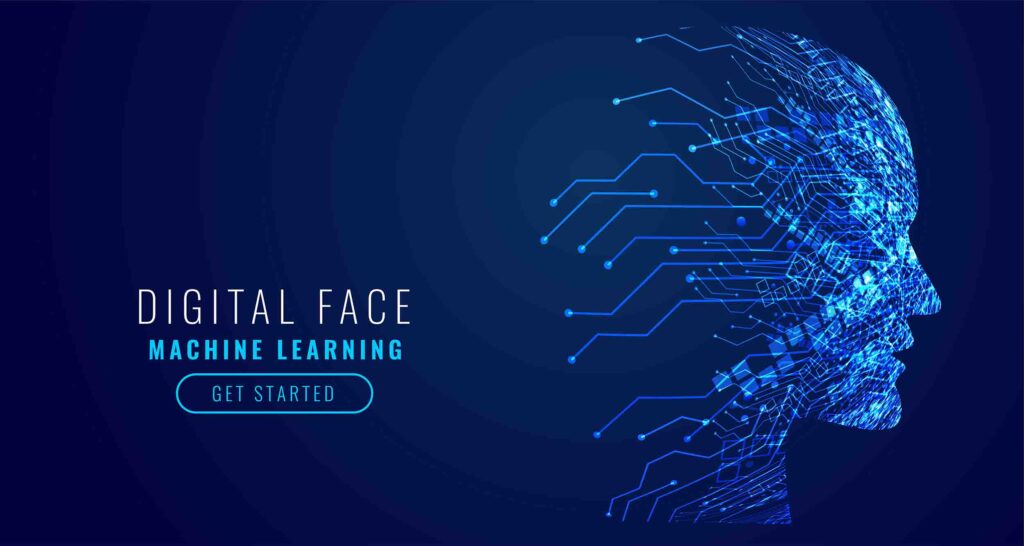- Understanding AI: Artificial Intelligence refers to the development of intelligent systems that can perform tasks that would typically require human intelligence. AI encompasses a range of technologies, including machine learning, natural language processing, computer vision, and robotics. These technologies enable machines to analyze vast amounts of data, learn from patterns, make decisions, and perform tasks with increasing autonomy.
- Real-World Applications: AI has already found its way into our daily lives. From virtual assistants like Siri and Alexa to personalized recommendations on streaming platforms, AI is enhancing user experiences. Moreover, AI is being utilized in healthcare for diagnosing diseases, in autonomous vehicles for improving safety, and in finance for fraud detection. The potential applications of AI are immense, and its impact is only beginning to unfold.
- Ethical Considerations: While AI presents exciting possibilities, it also raises ethical concerns. As AI systems become more autonomous, questions about accountability and responsibility arise. Ensuring transparency, fairness, and accountability in AI decision-making processes is crucial. Additionally, concerns about privacy, security, and the potential for job displacement must be addressed. Ethical frameworks and regulations are necessary to navigate these challenges and harness AI’s benefits responsibly.
- The Future of AI: The future of AI holds limitless possibilities. As technology advances, AI is expected to permeate every aspect of our lives, creating a world where machines work alongside humans, augmenting our capabilities and solving complex problems. Breakthroughs in areas like explainable AI, quantum computing, and human-robot collaboration will shape the future landscape. It is crucial to embrace AI as a tool for progress while prioritizing human values and well-being.
- By andy






